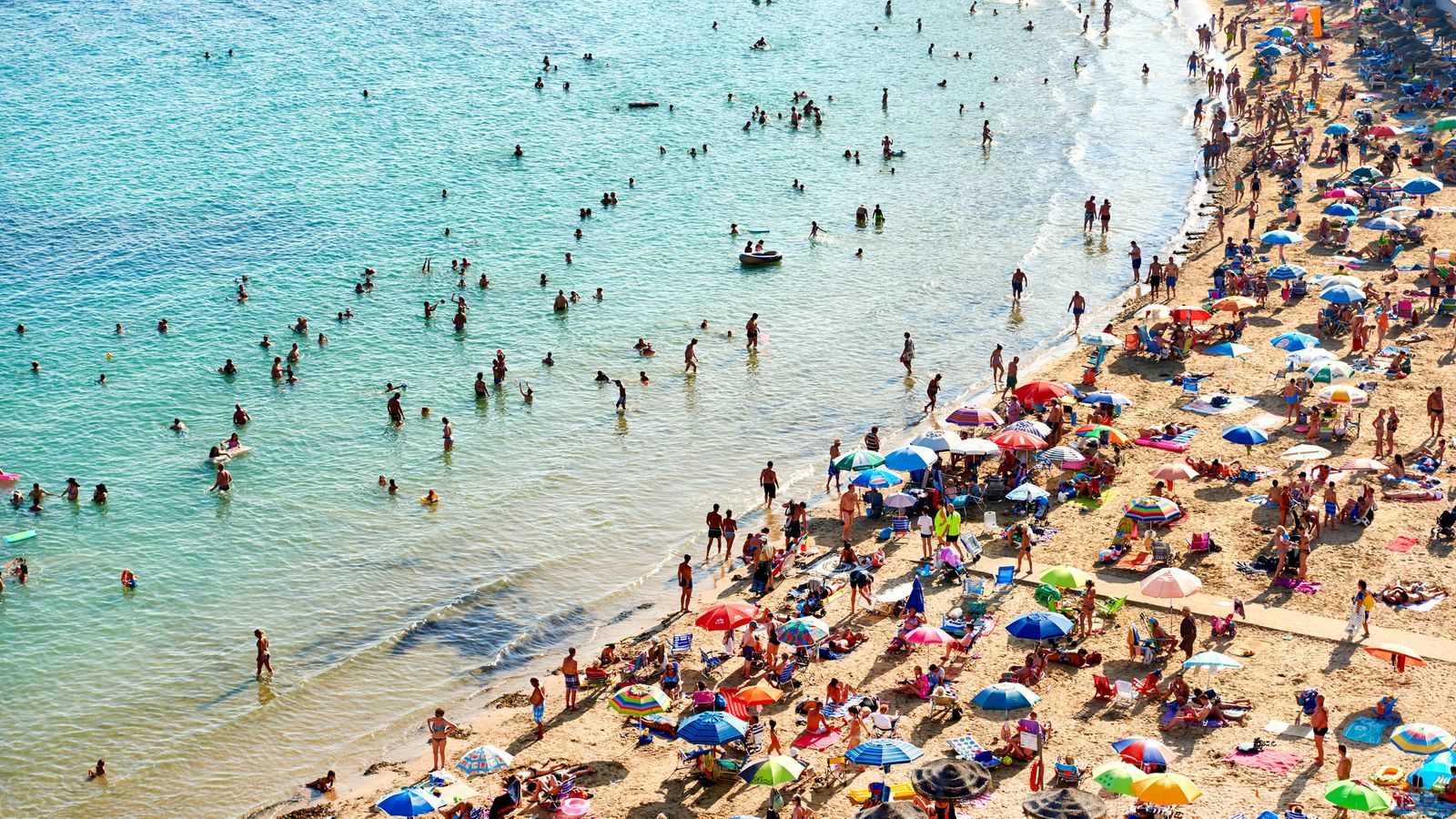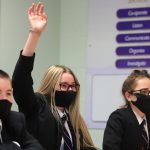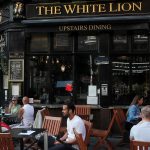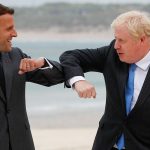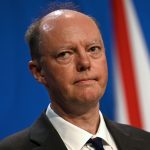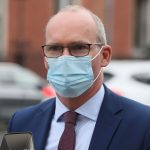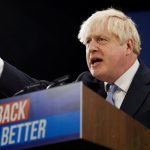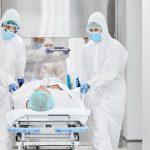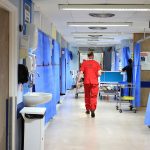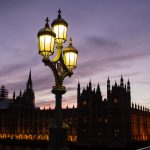Boris Johnson is poised to announce some Easter Monday good news, with home and away lockdown-easing moves as part of his COVID roadmap to freedom.
At home, he is launching nine “vaccine passport” pilots from mid-April, including three football showpieces at Wembley, and four night-time entertainment trials in Liverpool.
And away, he is preparing for foreign holidays to go ahead this summer, with a “traffic light” system of rules in which travel to “green light” destinations will not require quarantine.
Whether countries are red, amber or green, however, will depend on their vaccination and COVID-19 infection rates.
And the government is still saying: Don’t book a holiday abroad just yet.
Cabinet Office minister Michael Gove has also given a strong signal that vaccine passports are on the way, based on a scheme used in Israel.
Writing in The Sunday Telegraph, he says: “Vaccination is a hugely powerful tool, but it can never provide 100% protection. That is why we need to look at every option potentially available to ensure the fastest, safest and most sustainable road back to normality.”
Mr Gove adds: “Given the hit the night-time economy and the entertainment sector has taken over the last year, anything which might help businesses re-open sooner must be worth considering.
“The Israeli approach involves a smartphone app and the NHS app could serve a similar purpose here.”
The Wembley pilots will be the Leicester City/Southampton FA Cup semi-final on 18 April, the Carabao Cup Final between Manchester City and Tottenham Hotspur on 25 April, and the FA Cup Final on 15 May.
The Liverpool trials will be at the Hot Water Comedy Club on 16 April, the Luna Cinema from 23-25 April, a business event at the ACC conference centre on 28 April, and the Circus Nightclub from 30 April to 1 May.
The other trials are the World Snooker Championship at Sheffield’s Crucible Theatre from 17 April – 3 May, and a mass participation run at Hatfield House, Hertfordshire, 24-25 April.
“We have made huge strides over the past few months with our vaccine programme and everyone in the country has made huge sacrifices to get us to this stage in our recovery from COVID-19,” the prime minister said.
“We are doing everything we can to enable the reopening of our country so people can return to the events, travel and other things they love as safely as possible, and these reviews will play an important role in allowing this to happen.”
Please use Chrome browser for a more accessible video player
Though Mr Johnson rejects the term “vaccine passports”, on the Bank Holiday he will announce a system for “COVID-status certification” which could allow people to return to top-level sport, theatres and other public events.
He will say that over the coming months a system will be developed which will take into account three factors: vaccination, a recent negative test, or natural immunity determined on the basis of a positive test taken in the previous six months.
Businesses opening on 12 April, however, including pubs, restaurants and non-essential shops, will not be required to introduce certification, the government is emphasising.
But there is strong opposition to “vaccine passports” from many MPs. This weekend a cross-party group of 72 MPs signed a pledge opposing the scheme, which they claim is “divisive and discriminatory”.
If the plan requires legislation, the government may try to win over the rebels by promising them it will be temporary, perhaps for no more than a year.
The government says certification is expected to be most useful in managing risks where large numbers of people are in close proximity, at mass events such as festivals, sports matches and nightclubs.
At the same time, certification will not be used on public transport and in essential shops. There will also be exemptions for people for whom vaccination is not advised and repeat testing would be difficult.
But for the rest it will be a smartphone app or paper certificate. The government says the NHS is working on providing individuals with a means to demonstrate their COVID status through digital and non-digital routes.
On overseas travel, Mr Johnson will say the government wants to see a safe return, but it is crucial the cautious approach continues in light of third waves in some countries and the risk posed by variants of concern.
Sticking to the prime minister’s roadmap timetable, international travel will not be allowed until 17 May at the earliest, and the “Stay in the UK” regulation remains in place.
Downing Street says it will be confirmed in advance whether leisure travel can resume on 17 May, or whether travellers will need to wait longer before lifting the outbound travel restriction.
As widely predicted in recent days, when “Stay in the UK” is removed it will be replaced by a risk-based “traffic light” system with red, amber and green ratings.
The government claims this will help ensure the UK’s vaccine progress is not jeopardised and provide clear guidance for travellers.
There will be no isolation requirement for travel from countries in the new “green” category, although pre-departure and post-arrival tests will still be needed.
The “red” and “amber” restrictions would remain as they are now, with the requirement to enter quarantine or self-isolation upon return.
The government says it will continue to monitor the risks posed by individual countries and consider a range of factors to inform the restrictions placed on them.
This will include the percentage of their population they have vaccinated, the rate of infection in the country, any emerging coronavirus variants, and the country’s access to reliable scientific data and genomic sequencing.
Ministers say it is too early to predict which countries will be on which list over the summer and decisions will be driven by the evidence available at the time. Therefore the government is continuing to advise people not to book summer holidays abroad.
Please use Chrome browser for a more accessible video player
The prime minister is also expected to confirm that a social distancing review is considering the safest approach to allow closer contact between friends and families, safely enable greater capacity on transport, and reduce distancing requirements within venues and workplaces.
This includes how and when the government can safely lift the 1m+ rule and its working from home guidance. Both Mr Johnson and Chancellor Rishi Sunak have over the past week spoken of their wish to see people return to work in the office.
The questions being explored in the social distancing review, according to ministers, link to the outcomes of the certification review, including whether it could facilitate changes to social distancing.
So vaccine passports, however unpopular, could eventually lead to relaxation of social distancing in pubs and restaurants and a return to queueing at the bar.
